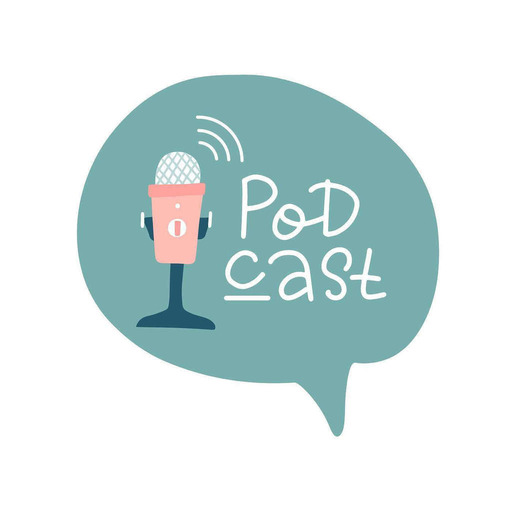CBD Gummies are edible candy that cannabidiol (CBD) oil. They come in a rainbow of CBD flavors, colors, shapes, and concentrations. Gummies offer a discreet and easy way to take CBD, and the effective marketing campaigns of many manufacturers mean that their popularity has risen with both long-term CBD users and non-users alike.
But because most CBD products don't always have to adhere to certain rules, strengths and purity can vary between brands and even within the same brand, which means there is no guarantee that you will get what you think. you are getting.
Are there health benefits to CBD Edibles?
Manufacturers of CBD gummies claim that CBD is effective in relieving anxiety, depression, pain, inflammation, and improving sleep. A CBD product (Epidolex) has been approved by the FDA in the United States to treat epilepsy.
However, the research on the effectiveness of CBD oil only tested pure CBD oil, not gummies. Even for pure CBD oil, there are sometimes no full studies to support its health benefits, although the research is expected to increase now that the legislation makes a distinction between hemp and marijuana.
There is no scientific evidence that gummies work, although anecdotally some people report an advantage and there is probably a strong placebo effect (by taking something to alleviate your condition, you feel better even if that product contains nothing).
CBD often tastes somewhat bitter, and many gummies contain large amounts of added sugar to hide this taste.
Are CBD Products Legal?
CBD-derived hemp products that contain less than 0.3% tetrahydrocannabinol ( THC ) are legal; however, in some countries they may still be illegal.
CBD products derived from marijuana may be illegal and therefore it is important to always check the legislation in your country.
Can CBD gummies get you high?
CBD gummies don't have psychoactive properties, so they don't work for you.
CBD is derived from hemp, which contains almost no THC. THC is the chemical in marijuana that gives you a high. Under the law, hemp cannot contain more than 0.3 percent THC to be considered hemp, otherwise producers run the risk of being prosecuted under the law.
The main active ingredient in hemp is CBD and CBD does not have psychoactive properties. Instead, CBD is highly valued for relieving anxiety, inflammation, insomnia, and pain, although this has not always been fully (scientifically) proven.
What is the difference between CBD, cannabis, hemp, marijuana, and THC?
There is still a lot of confusion about what CBD is, and many people think that cannabis, hemp, marijuana, CBD, and THC (tetrahydrocannabinol) are the same thing. They are not
Cannabis is a plant and there are two main types; Cannabis Indica and Cannabis Sativa. Although marijuana can be derived from both types, hemp only comes from the Cannabis Sativa family.
This means that while hemp and marijuana have some things in common, there are notable differences, with the most crucial fact that hemp contains almost no THC, which is the chemical in marijuana that gives you high. In fact, under the law, hemp cannot contain more than 0.3 percent THC to be considered hemp, otherwise producers run the risk of being processed under the law.
Publié le par Education
© 2025 All Best Podcasts
Les podcasts externes de ce site sont récupérés à partir de liens publics (Feed XML/RSS) qui nous ont été fournis par nos utilisateurs ainsi que des partenaires.


 Education
Education

